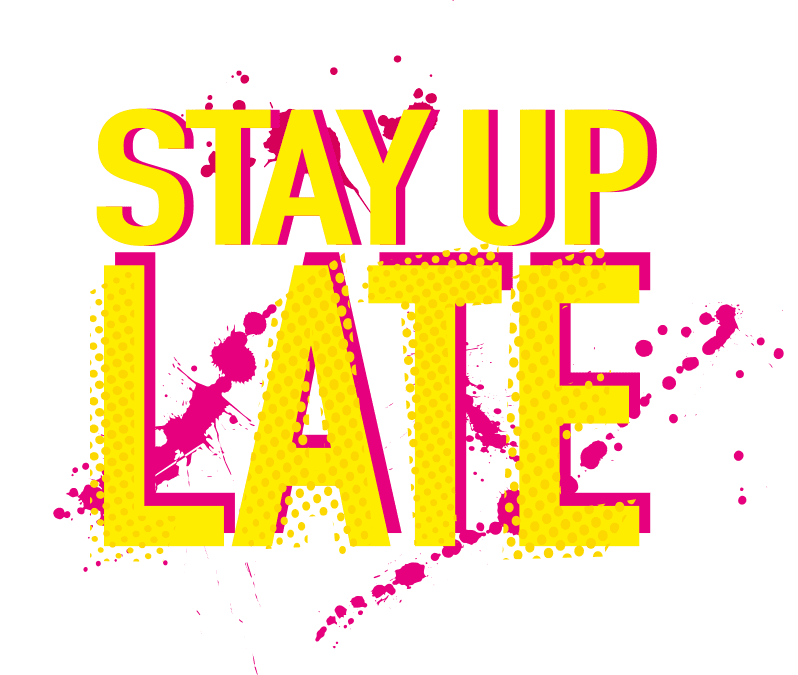
A manifesto for an ordinary life
Creating a manifesto for an ordinary life
A few years ago we were running a variety of workshops and talks at conferences and forums around the country. We wanted to get people to think about the obstacles that exist that are getting in the way of people with learning disabilities from leading the life that they want.
In doing this we found that there generally just a few things that people were asking for. Everyday rights that were being denied them but to somebody from outside of social care they were things that look pretty ordinary to most people. So we thought we’d turn this in to a manifesto for an ordinary life.

A manifesto for an ordinary life
– The right to choose where I live and who I live with
– The right to choose my support staff
– The right to have happy staff who love their job
– The right to choose my friends and have a social life
– The right to choose how I spend my time
– The right to choose what time I go to bed
– The right to have relationships and a sex life
– The right to be active and welcome in my community
– The right to have a proper paid job
– The right not have bad stuff said about me in the media because of my disability
With the exception of the two points about support staff (being able to choose who supports you and having happy support staff) every other point is generally what most people want in their lives.
That’s why we’ve called it a ‘Manifesto for an OrdinaryLife’ and this will form the basis of a lot of our work over the next few years. We really need to be asking ourselves in social care why it is so difficult for the ordinary to be ordinary.
Our (un)Ordinary Conference – 26th March
Our first big thing next year will be our (un)Ordinary Conference in Streatham on 26th March where we’ll have 100% speakers with learning disabilities and/or autism telling us about how they’re managing to lead ordinary lives.
To get things moving we’ve also been working with Open Future Learning to produce some videos to get people thinking about just how ordinary these things are that people are asking for. And why should they be so difficult to achieve?
How can we have a lasting impact?
We’re aiming for there to be a good amount of social care professionals at the conference and for us the big question is going to be:
‘How could we go about commissioning support services that enable people with learning disabilities to lead ordinary lives (including of course having active social lives)?
The fact that we are having to ask such a question seems wrong but we want to find a way to enable people who commission services to better explain how they make decisions about what they do, and to ensure that people with learning disabilities better understand, and inform the process.
That way could we dare dream that we end up with a world where people with learning disabilities understand their rights, and can work with professionals to uphold these?

